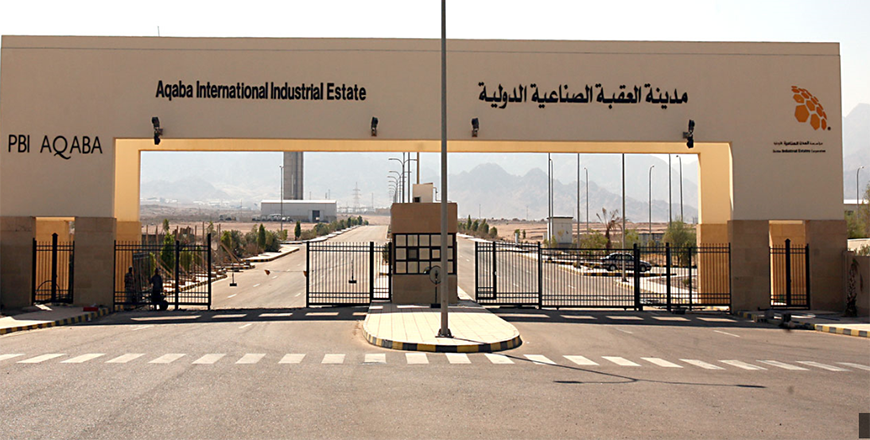You are here
National economy shows positive indicators since beginning of 2025 — Experts
By JT - Feb 25,2025 - Last updated at Feb 25,2025

Experts say that despite many challenges, which affected various aspects of life, especially tourism, investment and finance, the national economy achieved many positive indicators in 2025 (JT file)
AMMAN — Economists have stressed that the national economy is based on its stability and flexibility, including the geographical location of the Kingdom, prudent monetary policy, economic relations with many major world markets, and the presence of qualified and young human wealth.
They pointed out that despite many challenges, which affected various aspects of life, especially tourism, investment and finance, the national economy achieved many positive indicators, the Jordan News Agency, Petra, reported.
The Central Bank of Jordan's (CBJ) foreign reserves exceeded $21 billion, while the dollarisation rate dropped to 18.4 per cent by the end of last year, and the inflation rate decreased to 1.6 per cent and is expected to stabilise at around 2 per cent this year.
The real estate market recorded an increase in trading volume by 9 per cent during January, compared with the same month last year, where the total trading volume reached around JD545 million.
The GDP in the first quarter of the current century increased by five folds, recording in 1999 a value of JD7.12 billion, while in 2023 it reached about JD36 billion at current prices.
GDP per capita rose from JD1,235 in 2000 to JD3,133 in 2023, and the Kingdom's foreign currency balance reached a record of some $21 billion, compared with $4.7 billion in 2000.
Social Security Investment Fund CEO Ezzeddin Kanakrieh said that the recently announced annual results of the fund, which show a growth in comprehensive income last year to nearly JD1 billion, and the increase in the fund's assets to JD16 billion at the end of 2024, which is equivalent to about 40 per cent of GDP, highlight that the national economy, despite the multiple challenges and unstable conditions in the region, has achieved positive economic returns and indicators.
Former minister of finance Mohammad Abu Hamourpointed out that the Kingdom's economy maintained low inflation rates of less than 2 per cent during the past year, despite the wave of unbridled inflation witnessed by many countries in the region.
He attributed this stability to CBJ's measures to keep pace with regional and global developments related to the interest rate, in addition to the prudent policies of the CBJ, which maintained price stability and the stability of the dinar exchange rate.
President of the Society of East Amman Industrial InvestorsEyad Abu Haltam said that there are strengths in the national economy, the most important of which are political stability and the high credit rating.
He explained that Jordan's monetary policy has been prudent since the 1990s, which has maintained the stability of the dinar exchange rate.
Associate Professor of Economics at Mutah UniversityAhmad Majali considered that "the role of the economic policies adopted by the government in enhancing the ability to adapt cannot be denied. Over the past years, the state has pursued a strategy that combines controlling the fiscal deficit and rationalising spending."
Economist Hussam Ayesh stressed that financial and monetary stability of the Kingdom is an "exceptional case" in the region for a small economy like Jordan, especially if it is compared with regional countries.
Related Articles
AMMAN — The national economy has maintained stability and resilience during 2024 despite regional instability, bolstered by Royal efforts, a
AMMAN — Governor of the Central Bank of Jordan (CBJ) Adel Sharkas has said that a fixed dinar-dollar exchange rate, which has been in place
AMMAN — Adel Sharkas, governor of the Central Bank of Jordan (CBJ), on Saturday revealed that the Kingdom possesses foreign currency reserve

















